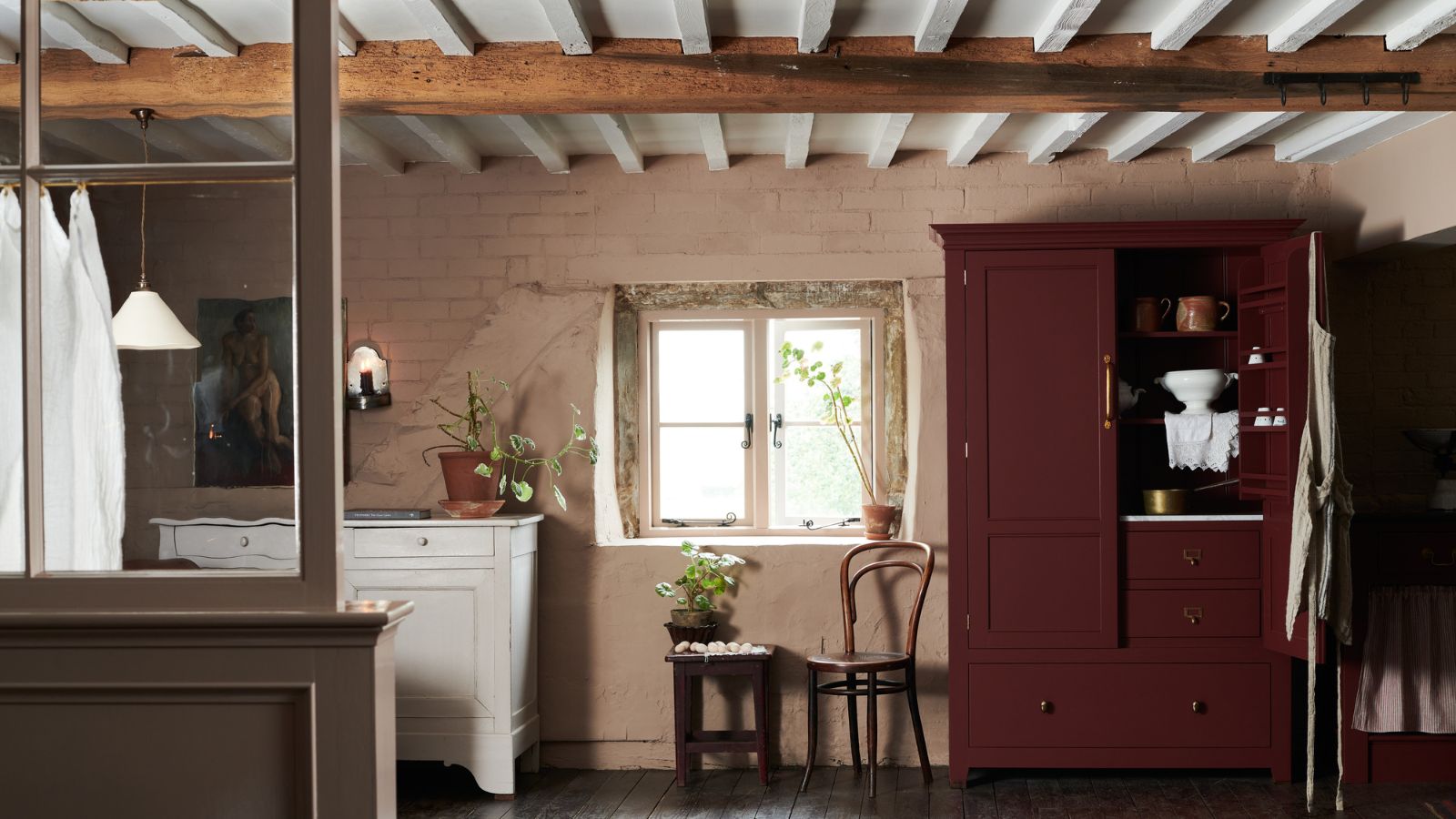
It's difficult enough to find space to store items around the home, but the problems only increase when things are stuffed away incorrectly.
In fact, from books to kitchen gadgets and luggage, storing items incorrectly doesn't just make your life more difficult – it also risks damaging them, and exposing them to damp, mold and mildew in the process.
Here, our panel of professional organizers and storage experts share the items you're definitely storing in the wrong place, and advise on avoiding the organizing mistakes everyone makes.
Why storing things in the 'wrong' place is a problem
Billy Kornfield, owner of Camelot Moving and Storage Company, explains, 'The main culprits that can damage items in our home are temperature, light, and moisture.
'So whether you're choosing where to store something based on convenience or presentation, keep in mind how that item’s environment might change throughout the day.'
1. Books
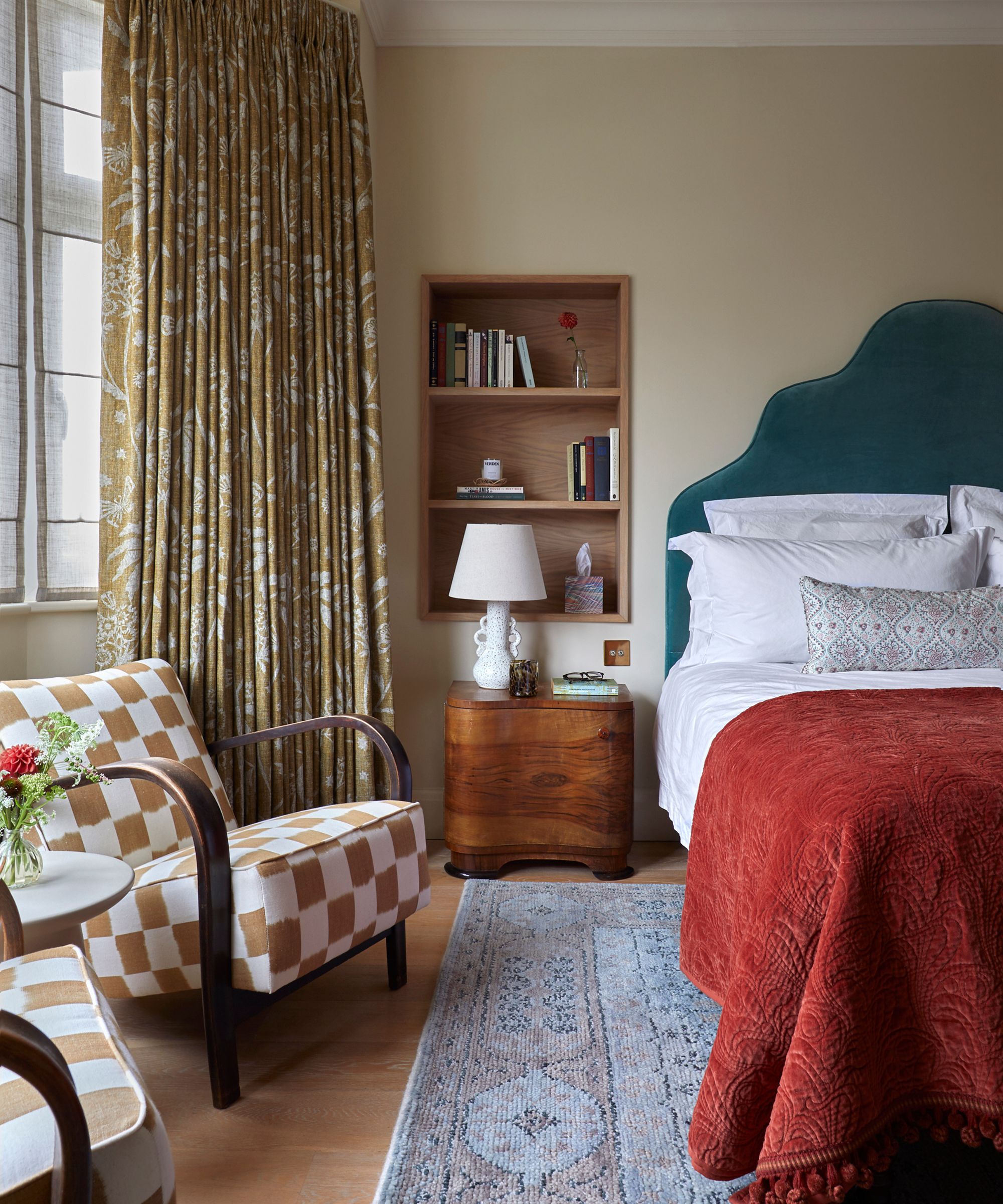
Bookshelf ideas are a beautiful way to show off your collection and bring a charming cozy feel to a space, but Peter Corry, founder and CEO of Moore Storage, points out that many homeowners put books away into bedroom closets because of limited shelf space.
He says, 'Out-of-sight books often go unread and collect dust. Depending on the situation, they may even get moldy.' They can also become prone to cockroaches, which like to eat the glue, silverfish that light to eat paper and other indoor pests.
To avoid this, Corry recommends hanging floating shelves in your living room ideas, or consider reading nook ideas to elevate your treasured display. 'The Homfa Floating Wall Shelves from Walmart work great for book displays,' he adds.
It is then important to dust open shelves, says storage expert Kornfield, and keep the bookshelves and display cases against interior walls only. 'Exterior walls experience greater changes in temperature and are vulnerable to moisture and condensation,' he explains.
All prices correct at time of publication.
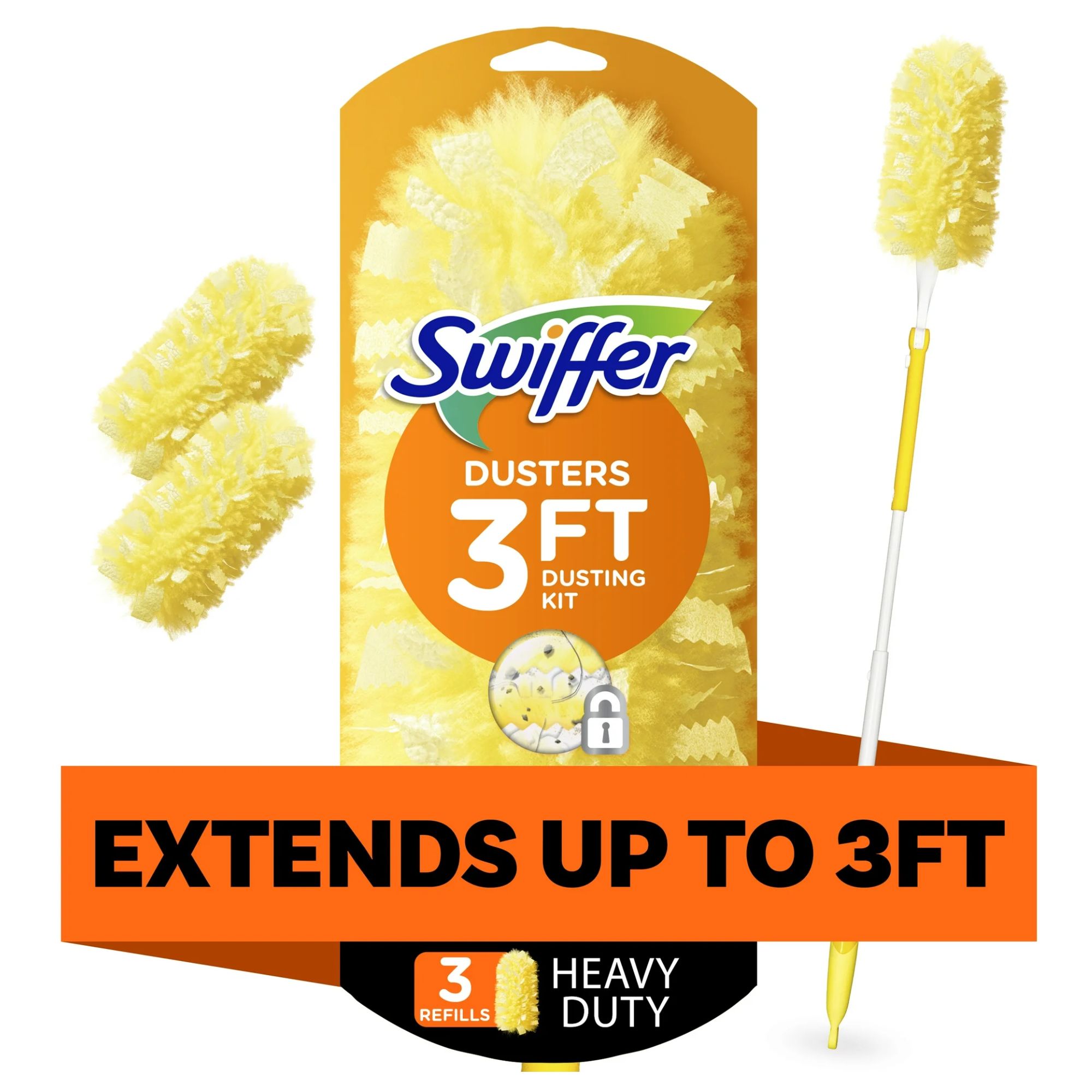
This Swiffer duster traps and locks dust to prevent it being spread while cleaning, with an extendable handle to make cleaning up high and down low easy.
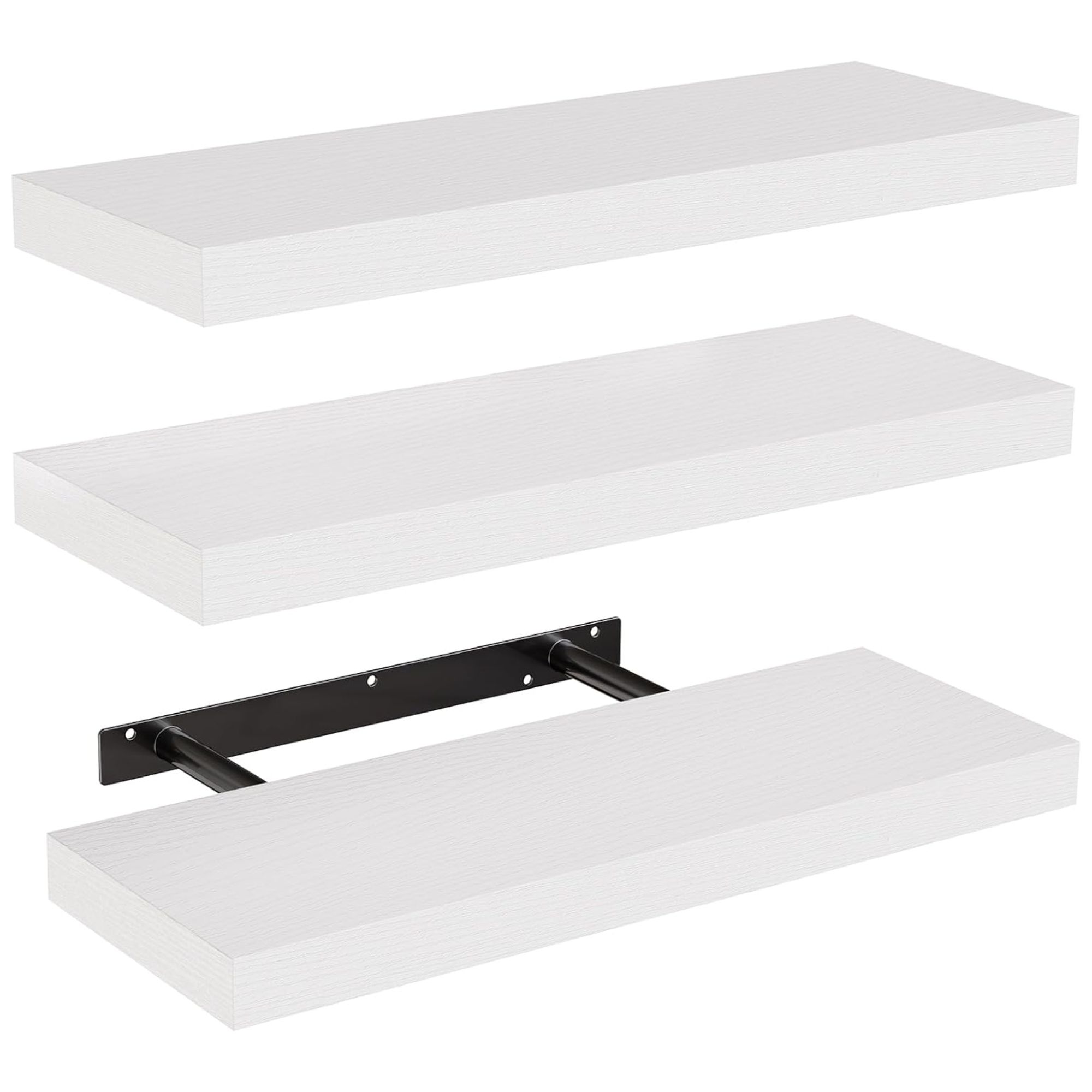
These MDF laminate bookshelves have sturdy brackets, and are easy to install and assemble, with all the necessary hardware included.
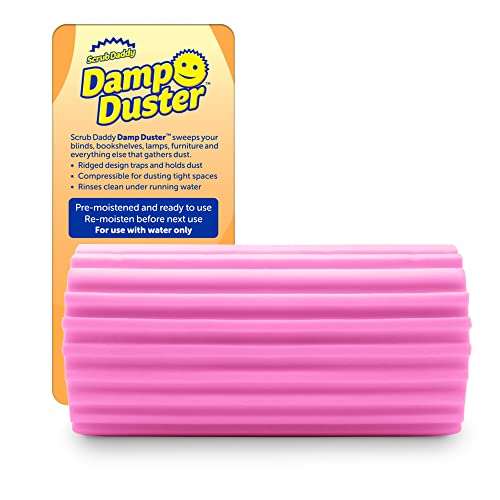
Chiana Dickson, Solved content editor here at Homes & Gardens recently tested the damp duster, and is now 'truly hooked' on its cleaning ability.
2. Rarely used kitchen gadgets in prime drawer space

Kitchen appliances are essential for cooking and baking, but ones that you don't use often shouldn't be stored in easily accessible spots when you organize kitchen drawers, says Di Ter Avest, professional organizer and founder of Diisorganized.
She explains, 'Appliances and gadgets like waffle makers, fondue pots, or pasta rollers can take up valuable kitchen real estate while only being used occasionally. This makes your everyday tools harder to access,' and they end up becoming items cluttering your kitchen drawers.
'Relocate rarely used items to higher shelves, pantry ideas, or even a storage area outside the kitchen if space is tight,' recommends Ter Avest. 'Keep everyday essentials like knives, spatulas and measuring cups in accessible drawers or cabinets near where you cook.'
To organize kitchen drawers, we recommend using an organizer, such as the Pipishell Bamboo Expandable Drawer Organizer for Utensils Holder available at Amazon.
3. Medicine
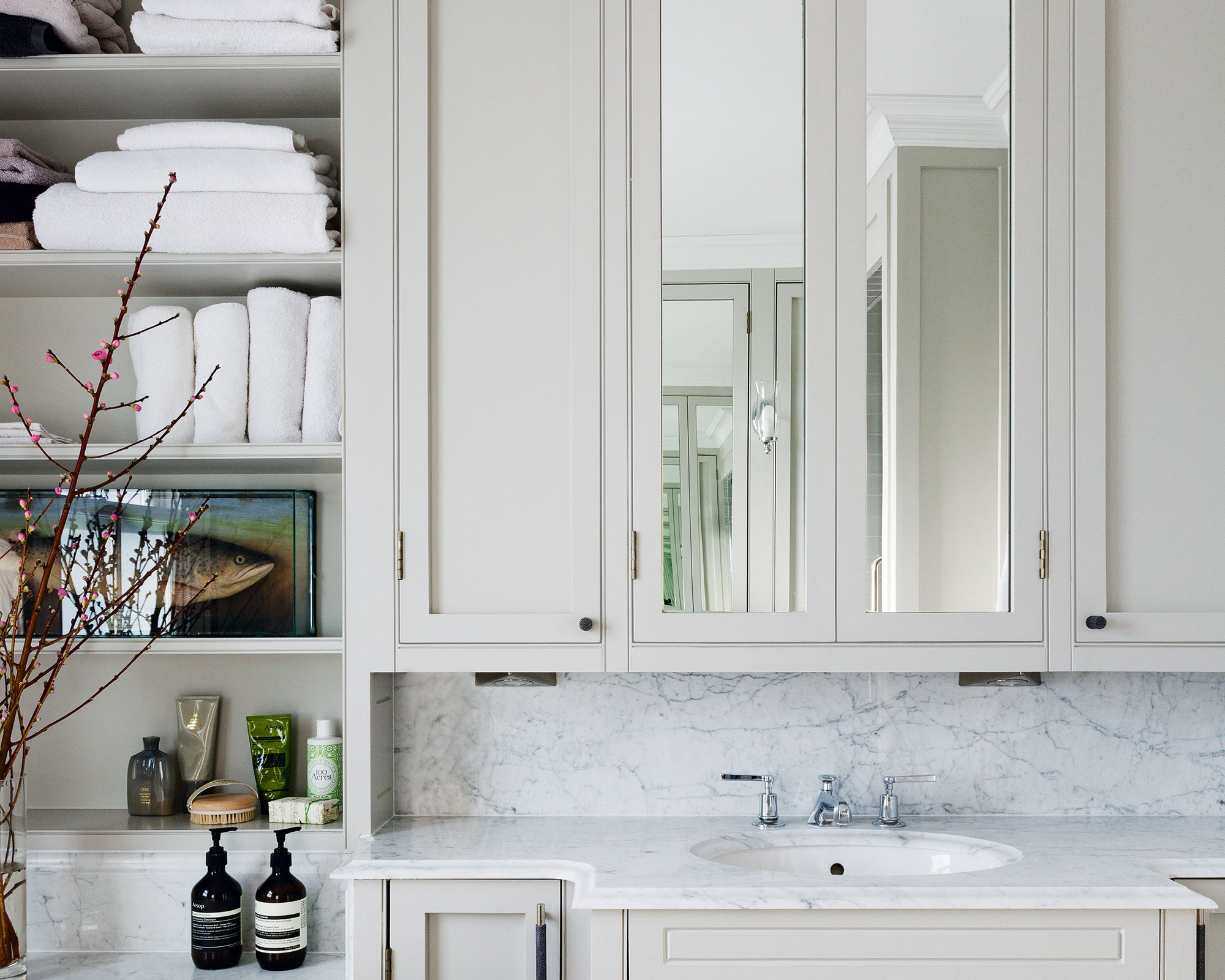
When it comes to organizing a medicine cabinet, keep your medicines away from any bathing products, says storage expert Kornfield.
He advises, 'While medication is within easy reach in the bathroom cabinet, it is also susceptible to moisture and heat. Keep it in a cool, dry place, like a dresser drawer out of reach of children,' or, as professional organizer Ter Avest suggests, in one of your small linen closet storage ideas.
4. Seasonal items

As they're only needed once a year, it's best not to keep any Christmas decorating ideas, spring decor ideas, or any other seasonal items in prime storage spots.
Storage expert Corry says, 'For a better solution, use higher shelves or less accessible spaces for seasonal items,' such as garage shelving ideas.
'For frequently used items, I recommend the mDesign Storage Bins available at Amazon for more saved space.'
You can store them in your basement, attic or garage, but keep them in lidded plastic containers so you don't end up with pests seeking shelter or harborage among them.
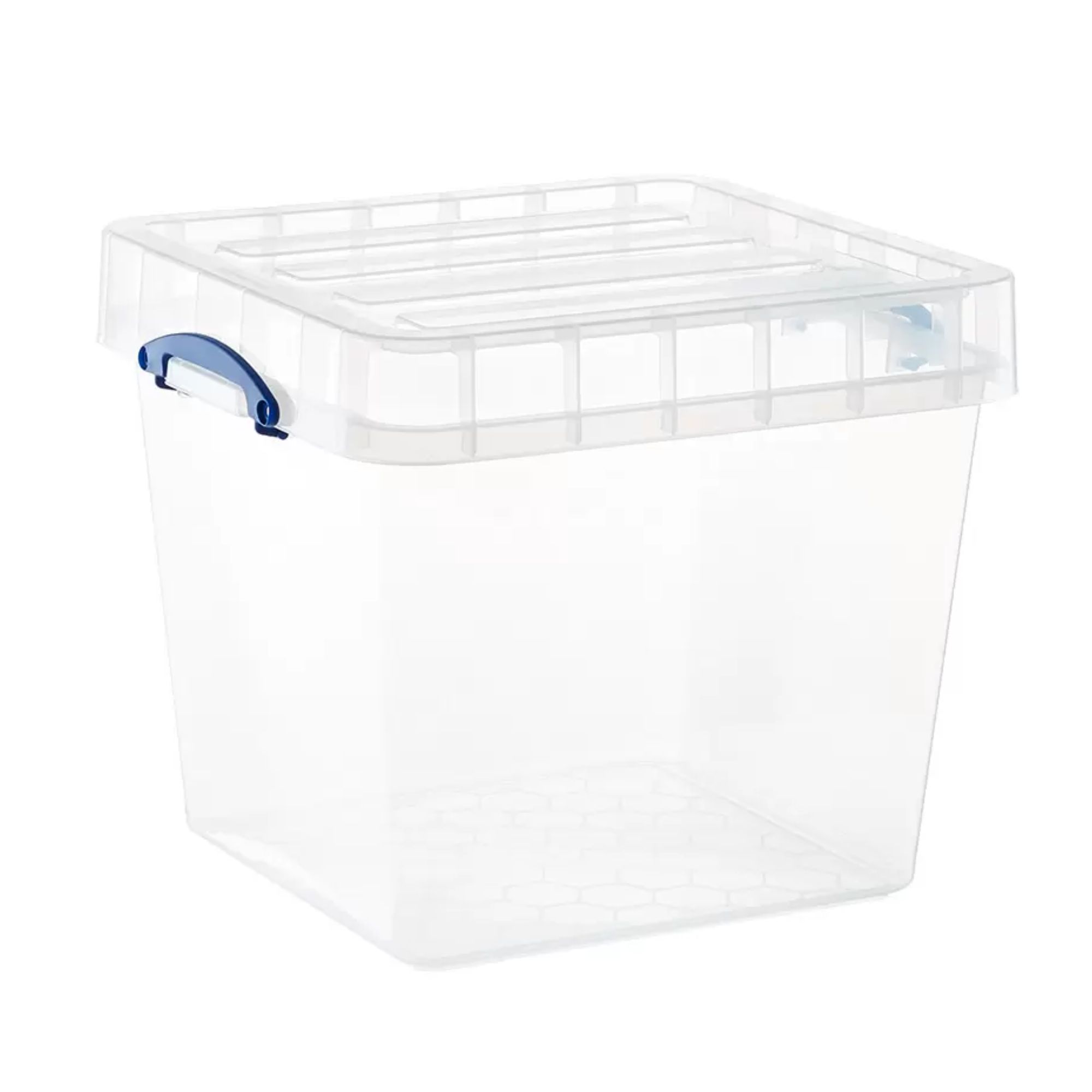
Available in 60 liter, 96 liter and 134 liter capacity, and made from durable polypropylene, these storage bins are perfect for storing on shelves, with a clear design to make identifying the items inside easy.
5. Important documents
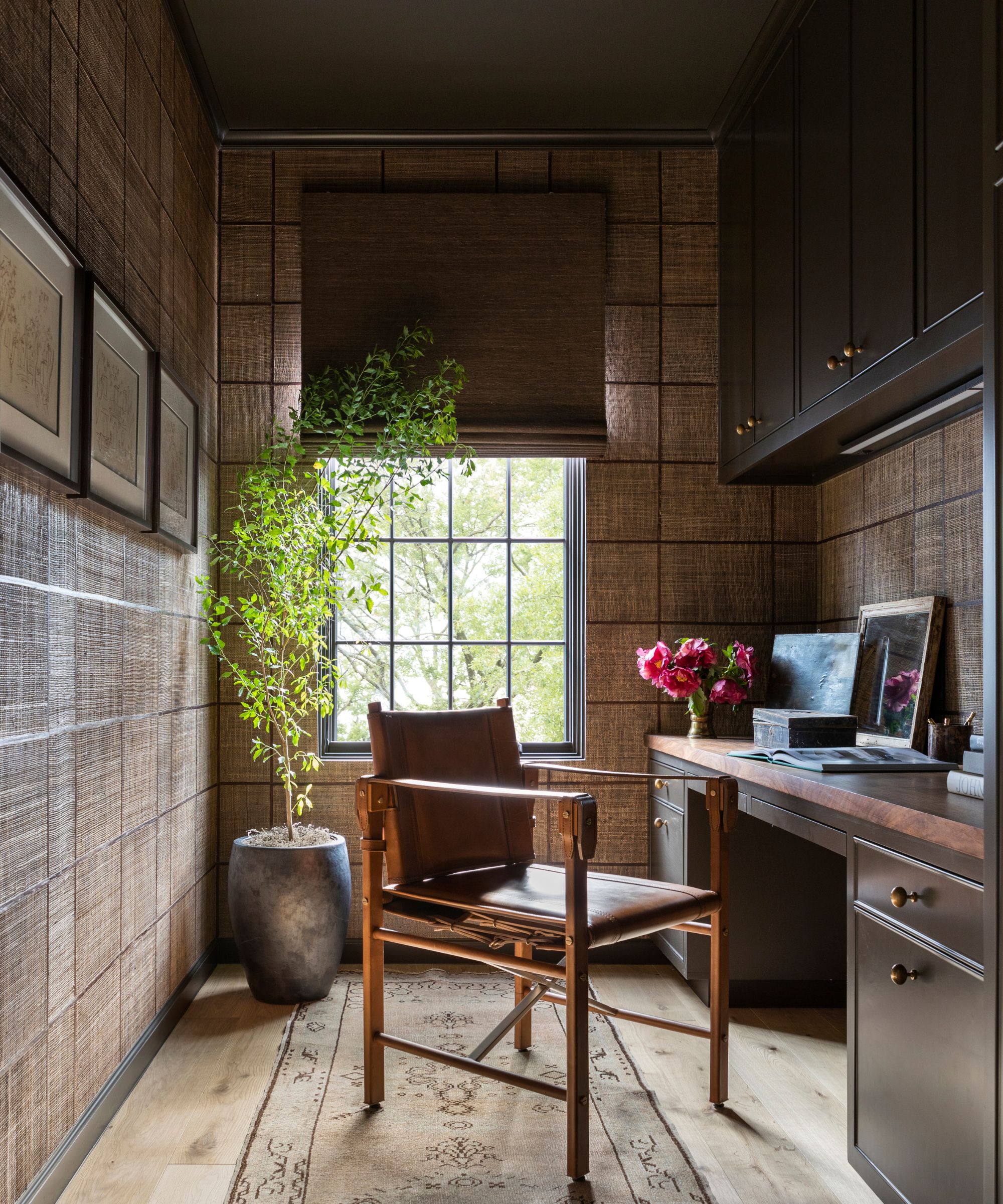
Even after getting rid of paper clutter, organizing paperwork at home can often feel stressful.
Professional organizer Ter Avest says, 'Scattering important documents like birth certificates, passports, or tax documents makes them hard to locate when needed and increases the risk of damage.
'Instead, use a fireproof document organizer or file cabinet. Keep it in a secure and consistent spot, like a home office or closet,' she suggests.
It's one of the items the pros say to never store in a basement or attic as these are usually not climate controlled and if there is a leak or flood, key items will be ruined.
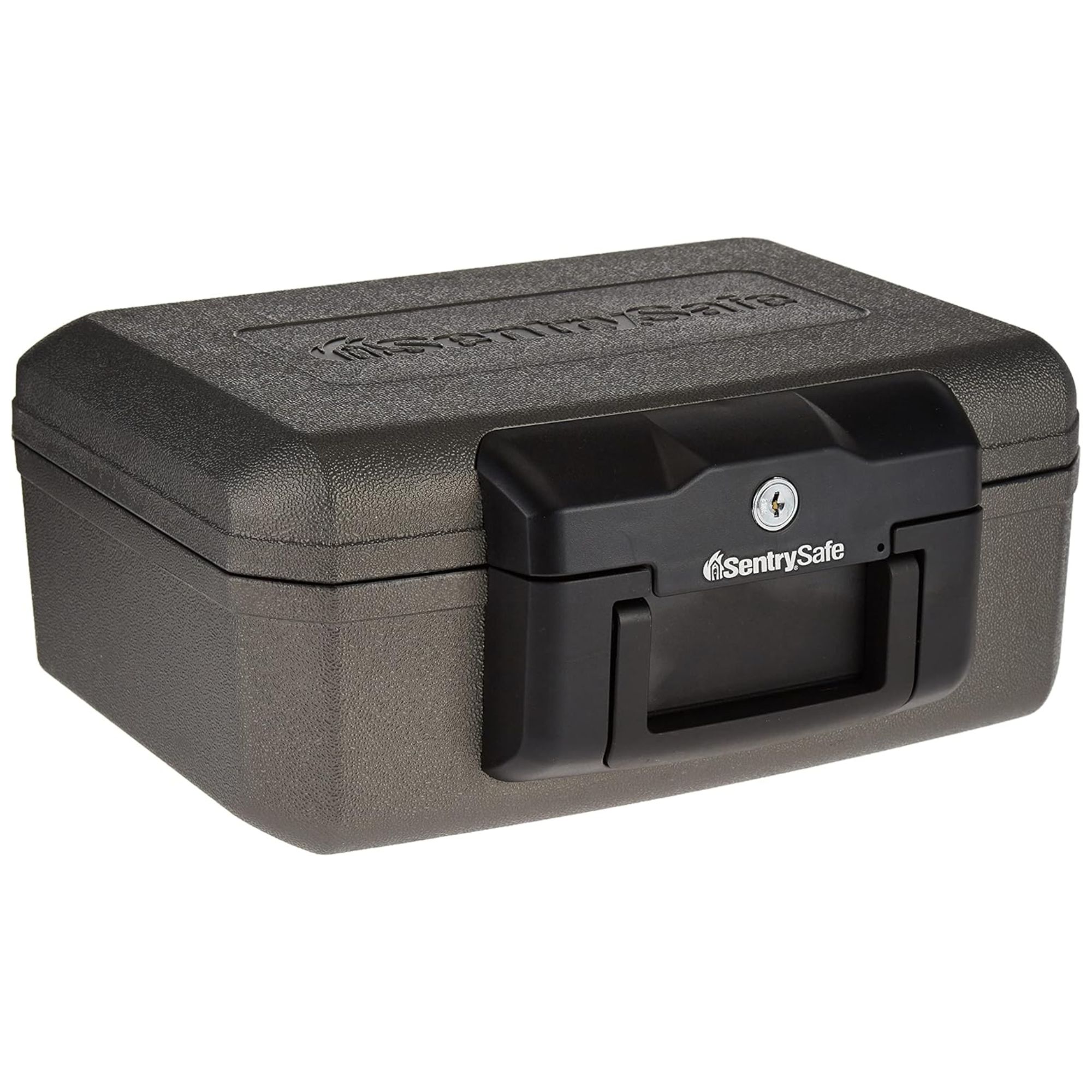
This fireproof document box is designed to protect valuables for up to 30 minutes at 1550° F, with a built-in carrying handle for easy transportation.
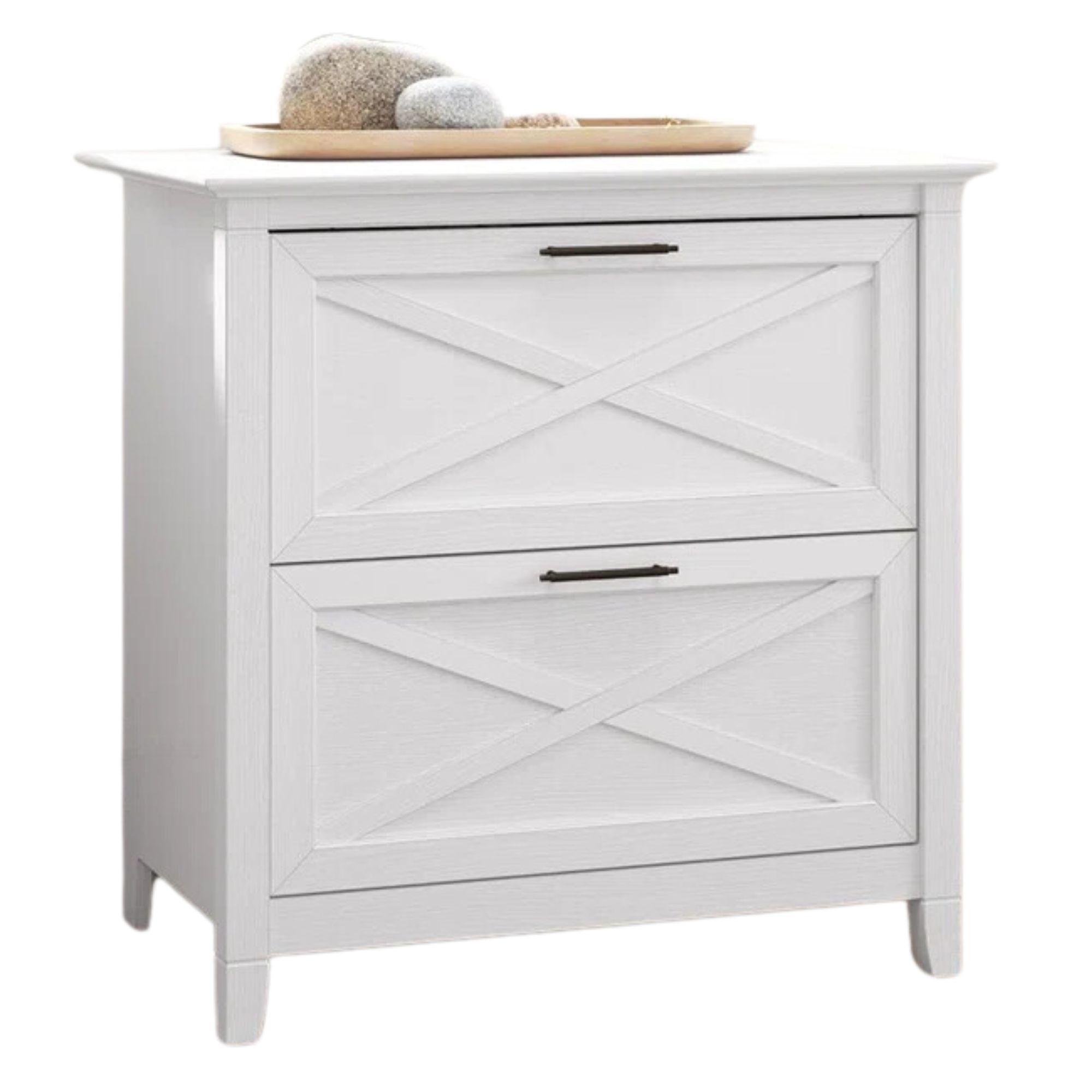
This filing cabinet makes organizing documents stylish, with smooth full-extension ball-bearing slides to easily access items at the back.
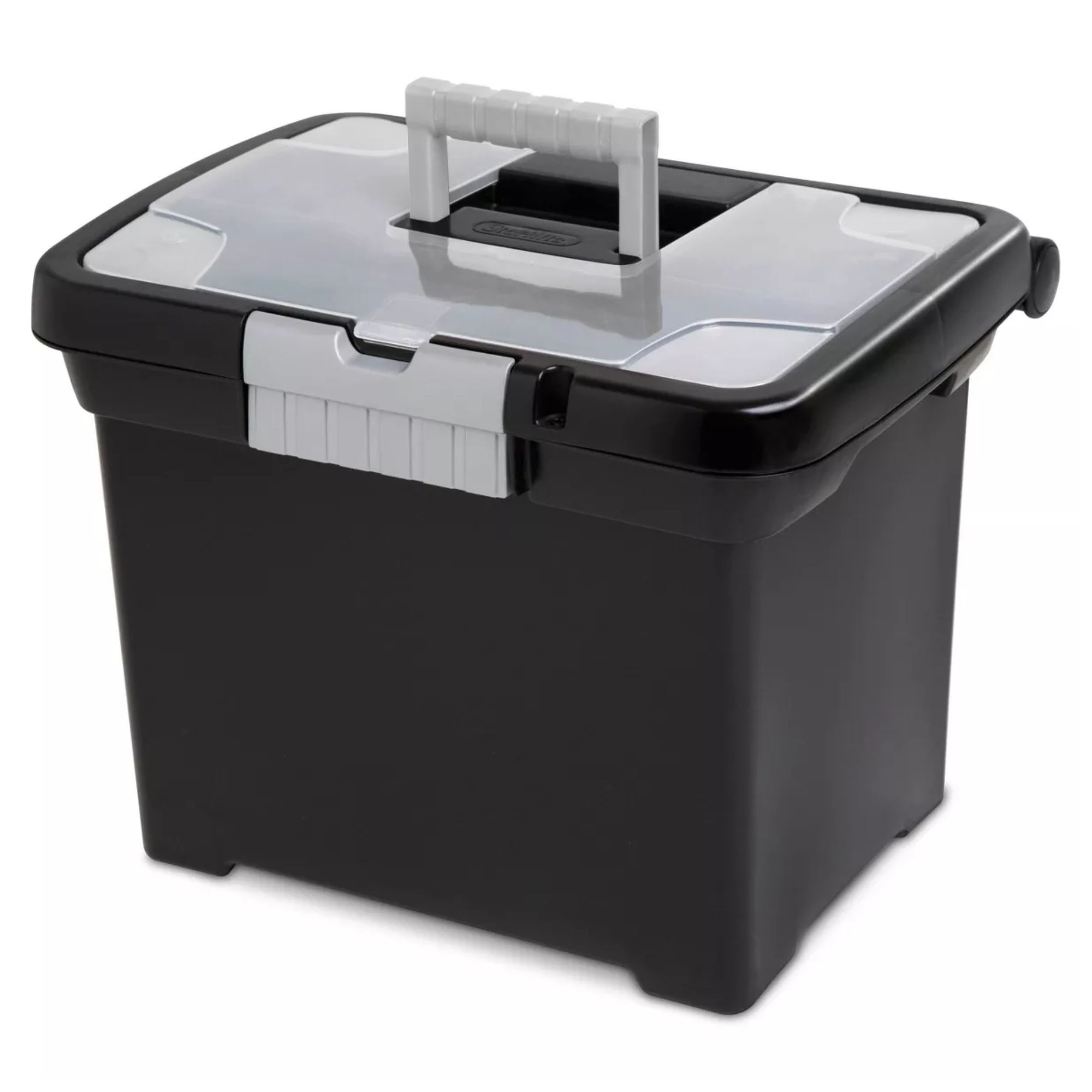
This filing box has a small in-lid compartment to keep small items easily accessible, and a durable latch to keep the lid secure.
6. Photo albums
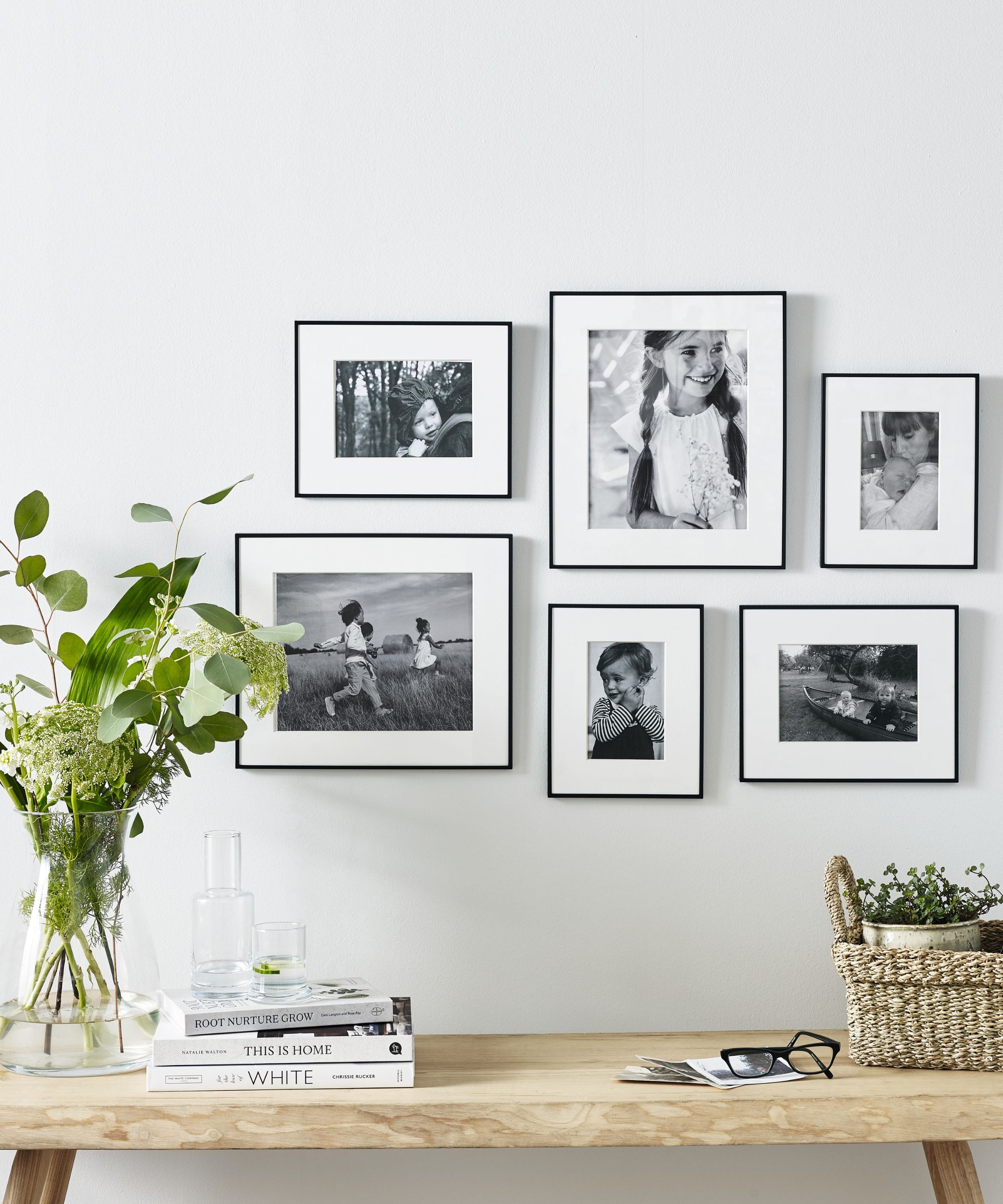
Photo albums are a beautiful way to keep memories, meaning they should be enjoyed, not stored away in closet storage spaces, say Scott and April Goodger, franchise owners of Kitchen Wise and Closet Wise.
They say, 'Surprisingly, a disorganized closet can add to stress in your daily life. As closet design professionals, we regularly see master closets that are jam packed with just about anything you can imagine, like photo albums.
'However, many of these items belong in other areas of the house.' For example the Goodgers suggest keeping photo albums in your home office ideas, or bookcase.
Otherwise, why not display them in a gallery wall. If you're not sure how to hang a gallery wall, our expert-led guide breaks it down step-by-step, so you're able to avoid any gallery wall mistakes.
7. Luggage

Finally, professional organizer Ter Avest says, 'Luggage takes up valuable space in closets that could be better used for clothes or shoes.
'Instead, store luggage in the attic, basement ideas, or garage. You can also use the interior of suitcases to store seasonal clothes,' which is a clever way to organize a closet if you don't have seasonal storage.
Are you making any underbed organizing mistakes? It's a great spot to store items, but maximizing the space can help cut clutter around the home.







